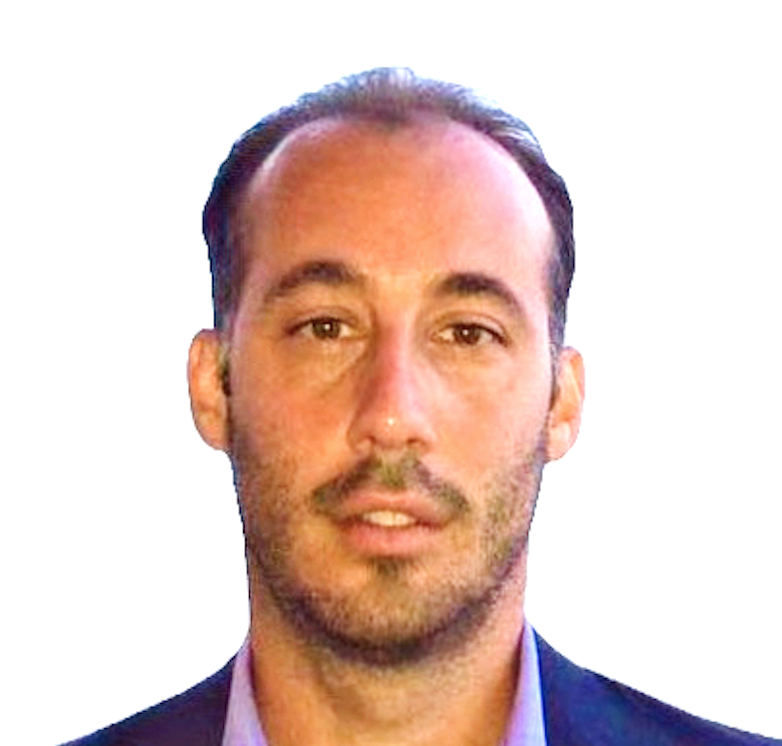Today, it seems many clinical words have appeared, almost without realisation, into our lexicon. How often do we hear people saying: "I am really depressed" or "They are such a narcissist", or perhaps "I think I have OCD".
It is a contentious subject and I certainly don't want to undervalue or deny the very real and painful feelings experienced by people, but instead to think about them in a way that might be useful.
People suffer from debilitating mental health issues that may not receive the understanding, help or empathy that is very much needed when feelings lose their value. This must be recognised. People have every right to describe their feelings in a way as it feels appropriate. However, when medicalised terms enter our daily language we readily accept them and it dilutes their very potent meaning. Where once these words were only really spoken between medical professionals, usually about patients, they are now used in everyday conversation.
We have become so familiar with these descriptions we have almost forgotten their true meaning. How did this happen, and are we in danger of minimising very real emotions and substituting them for every day feelings?
Why do we use certain words?
When people say they have depression, I wonder how many people might possibly instead be able to say "I am unhappy"?
A step further would be to wonder what the need 'to have' is - "I have depression", "I have insomnia", "I have OCD". It is almost said as a direct communication that they are so aware of their mental health and tend to it so meticulously that only this type of language can reflect their robust self-knowledge. That is not to say that sometimes we do get emotional migraines and not just headaches, there is a time and place for certain words. It sometimes seems that ordinary language will not do and 'having' is the new status symbol. It seems everything is a noun instead of a verb.
In fact, although this might feel new, this has been something observed for a very long time. As far back as the 18th century the French philosopher César Chesneau Dumarsais 1676-1756 writes about how wrongly people express feelings or states of being in terms of having something.
I have the sense that this need 'to have' avoids the need to experience. By placing such feelings into the realms of "I have" and pseudo-medicalising them, one is protecting oneself from the true experience of authentic feelings.
If we consider again the difference between "I have depression" and "I am unhappy". One shuts down thinking, because 'to have' is to be certain; it is final. 'I am' invites curiosity and curiosity leads to feelings.
How might we then describe how we feel?
There was a movement in the United States not too long ago to come up with medicalised terminology for everyday feeling in order that insurance companies covered treatments.
Say, for example, you had lost a relative and were struggling to cope with the very real and very sad feelings of mourning and you went to see a psychiatrist. Mourning isn't a recognised mental state, and so you may instead be told you have depression. Given a professional has stated this, it is believed, and so the substitution begins: I am not mourning - which is a very clear and understandable response to loss - I have depression. Now, with the aid of social media, this way of speaking has become widespread and widely accepted.
This association with clinical terminology very much appeals to a certain sense of superiority. One simply cannot tolerate being unhappy, it has to be depression. This overlooks those who truly do suffer from depression and we are unsure how to respond to this emotional state, so we accept it without question and so both parties lose any curiosity for the 'medical' term has done the work for us.
I wonder if we did take a step back and objectively look at how we feel and choose more responsible words for our feelings.
The language of responsibility
Just as a dream fulfils the frustrated wish, so a diagnostic description can fulfil the need to have a feeling without a thought. If we say to someone we 'have' something we no longer really need to take responsibility for it so it becomes a figure of speech.
However if we convert these clinical descriptions to everyday language we might be able to understand them and work through them with greater success. Working through unhappiness could be much more straightforward than working through depression. Equally, the work colleague with a self-diagnosis of OCD might simply be a cautious person. If feelings do prohibit everyday life then, of course, a diagnosis is necessary.
In my practice, it is common to hear the word narcissist but upon further thought and a little exploration, I might ask where this diagnosis came from and, typically, it is from an online source or a friend's opinion. When we break it down further, their friends are not psychologically trained but have heard the word and, perhaps, mistook ordinary selfishness for narcissistic tendencies. Now, the label has been applied, everything is solved!
Let's be honest
Maybe it is time to rethink our relationship with these words and be honest with our feelings and allow yourself and others to be curious about them. There will be times in one's life where we will feel depressed, behave a little narcissistically or feel anxious, so acknowledge these moments so you can work through them as best as possible, use the technical words sparingly. Sometimes it is OK just to feel OK.
Andre de Trichateau is a verified Welldoing psychotherapist in South Kensington and online

